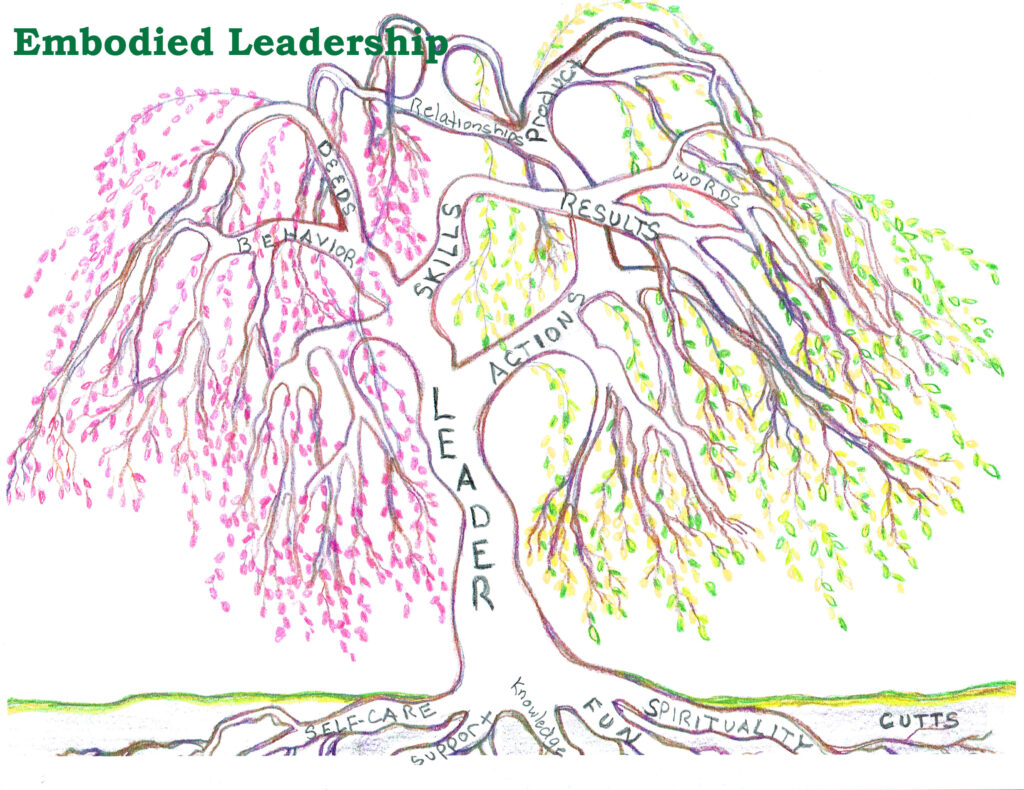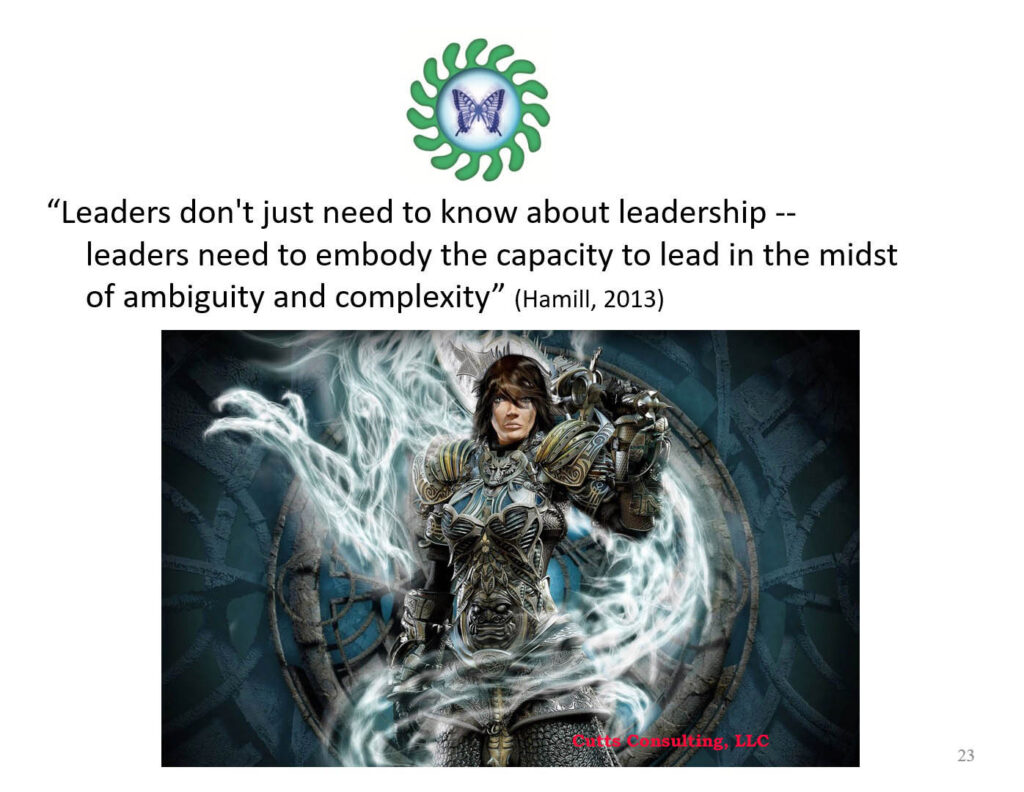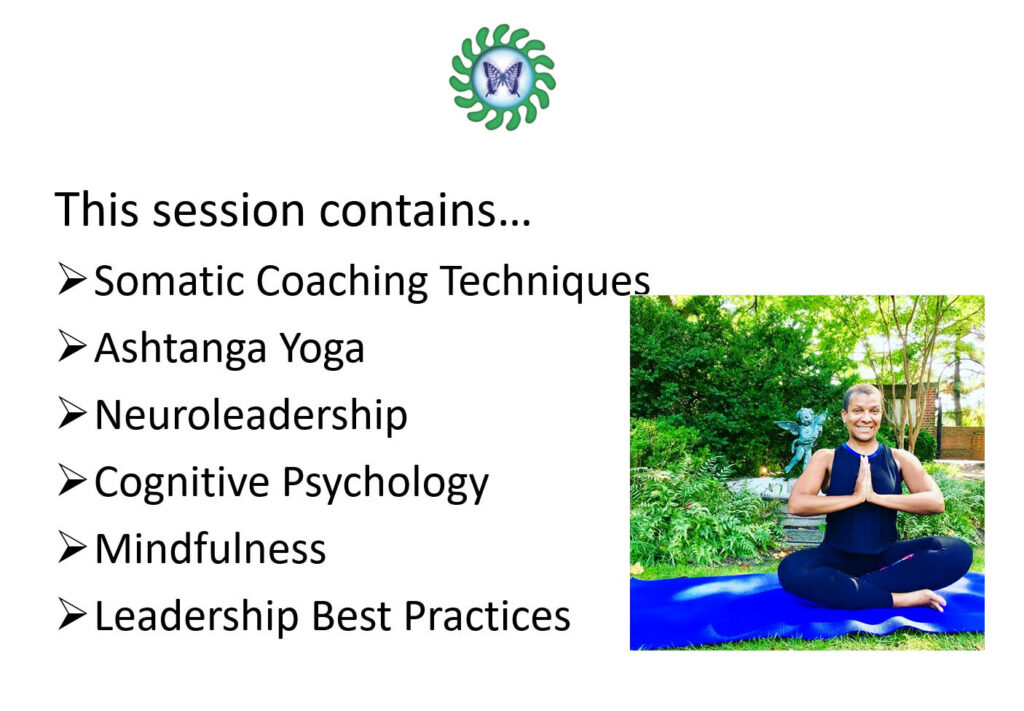First presented by: Nicole Cutts, Ph.D. June 12, 2019 at the American University Key Leadership Conference in Washington, DC.

Introduction:
This experiential session draws on somatic coaching techniques: utilizing theory and practice from Ashtanga Yoga, neuroleadership, cognitive psychology, and leadership best practices to help participants learn how to fully embody their leadership presence and catalyze their followership.
Objectives:
- Build a more powerful leadership presence that is able to stay open, present, flexible and connected under difficult conditions such as stress, complexity, and ambiguity
- Develop deep self-awareness and increase emotional intelligence by accessing the intelligence of the mind/body system
- Learn somatic practices you can use for your continued leadership development and the development of others.
Additional benefits of participating in this session include learning methodology and tools to:
- Reduce stress and increase resilience
- Increase your influencing skills and ability to motivate and engage others
- Focus your talents into purposeful action, creating the capacity to produce even more valuable results
- Increase your self-confidence in new ways, e.g. greater balance, endurance, strength, agility, and flexibility
What is Embodied Leadership?
To be an embodied leader means your ability to lead comes from deep inside you. It also means literally staying fully connected to your body and centered on your core values and truest self even during times of pressure.
According to Pete Hamill, author of Embodied Leadership (2013), “The concept of embodied leadership, derived from somatic coaching, brings the body forward as an advocate in creating a place for change and transformation.” And, “Embodied learning is a level of learning where you can learn to do something differently, consistently and when under pressure.”
Embodied leadership is the optimal leadership presence. It combines power and strength with flexibility and ambition with humility. It increases your ability to be influential, flexible (adaptable) and resilient.
The Connection Between Emotional Intelligence, Brain & Body
Emotional Intelligence:
A simple and familiar framework from which we can understand the importance of being an embodied leader is the concept of emotional intelligence. Emotional Intelligence (EQ) is the ability to understand one’s own state of mind and one’s capabilities, to manage oneself to respond constructively to situations and to engage successfully with other people. Emotional Intelligence is not necessarily about what to do, but HOW to do it.
CLICK TO DOWNLOAD FULL PRESENTATION

Contact Nicole Cutts for speaking and coaching inquiries.

